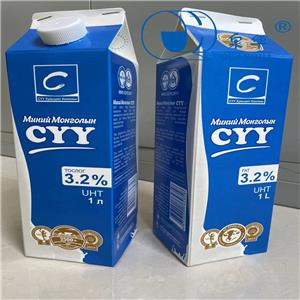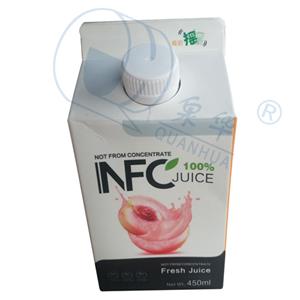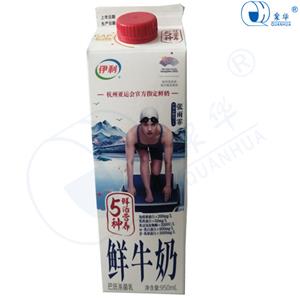In the broad prospects of modern industry, packaging is an important pillar to support the function and performance of production, logistics and marketing systems. It is estimated that the global packaging market will be worth about $ 1.14 trillion in 2024, and will grow to $ 1.38 trillion by 2029. The importance of packaging cannot be overemphasized.
The indispensable role of packaging in the production system
Packaging is the key to the production system of many industries. The first is to convert raw materials into functional packaging, which requires accuracy and innovation. The main materials used include paper and paperboard, plastic, metal, glass and wood. Each of these materials has unique characteristics that make it suitable for different types of products.
For example, paper and paperboard are favored for their sustainability and recyclability, making them an ideal choice for the food and beverage industry, which accounts for about 50-60 % of the entire packaging market.
The packaging solutions required in the production phase not only protect the product, but also extend its shelf life and maintain its quality. In the healthcare and cosmetics industries, which are important end users of packaging, the need for sterility and preservation is critical.
Packaging materials must comply with strict regulations to ensure that they do not react with the products they contain. Innovations in materials science continue to drive the development of advanced packaging that meets these stringent standards while being cost-effective and environmentally friendly.
Improve logistics efficiency by optimizing packaging
Logistics is the backbone of any supply chain, largely dependent on the efficiency of packaging. Correctly designed packaging helps to handle, store and transport goods more easily, thereby reducing costs and improving efficiency. The materials used in packaging must be durable and prevent physical damage during transport.
Plastics play an important role in this regard due to their lightweight and strong properties. They are commonly used in the production of pallets, crates and shrink packaging to ensure that products are protected from the rigours of transport.
In addition, the logistics industry benefits from packaging designed for stackability and space optimization. This not only maximizes the use of storage space, but also minimizes the impact on the environment by reducing the number of materials required. For example, foldable and reusable packaging solutions are becoming increasingly popular, resulting in significant cost savings and sustainability benefits.
The emergence of intelligent packaging technology has further completely changed logistics. Integrating RFID tags and two-dimensional codes into packaging can track and monitor products in the entire supply chain in real time. This enhances inventory management, ensures that products arrive at their destinations in the best condition on time, and improves traceability.
Packaging as a powerful marketing tool
In addition to its functional role in production and logistics, packaging is an effective marketing tool. It is usually the first contact point between products and consumers and plays a key role in influencing purchase decisions. Effective packaging design can convey brand value and product information, and can make products stand out in a crowded market.
The food and beverage industry reflects the importance of packaging in marketing. Attractive, informative and convenient packaging can significantly improve the attractiveness of products. For example, the use of transparent materials in food packaging allows consumers to see the products inside, thereby fostering trust and encouraging purchases. Similarly, innovative packaging designs, such as re-sealed bags and component-controlled packaging, cater to consumers 'preferences for convenience and sustainability.
In the field of healthcare and cosmetics, packaging must convey a sense of luxury, efficacy and safety. High-quality materials such as glass and high-quality plastics are usually used to create high-end images. In addition, packaging must provide comprehensive information about product composition, instructions and regulatory compliance. This not only ensures the safety of consumers, but also establishes brand reputation and loyalty.
The rise of e-commerce further highlights the importance of packaging in marketing. As consumers increasingly buy products online, unpacking experience has become an important aspect of brand differentiation. Well-designed packaging can provide an unforgettable unpacking experience that can bring positive reviews and repeat purchases, thus playing a vital role in the brand 's overall marketing strategy.
The packaging industry must innovate and adapt to changing needs
Undeniably, packaging is the cornerstone of production, logistics and marketing systems. Its role is far beyond the scope of simple containment and protection ; it affects efficiency, sustainability and consumer perceptions.
With the demand of food and beverage, health care and cosmetics industries, the global packaging market continues to expand, but the packaging industry must innovate and adapt to meet the changing needs. The adoption of sustainable materials, advanced technology and creative design will be the key to unleashing the full potential of packaging in the years to come.




